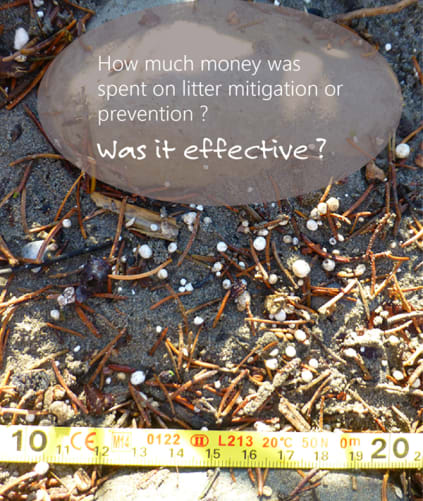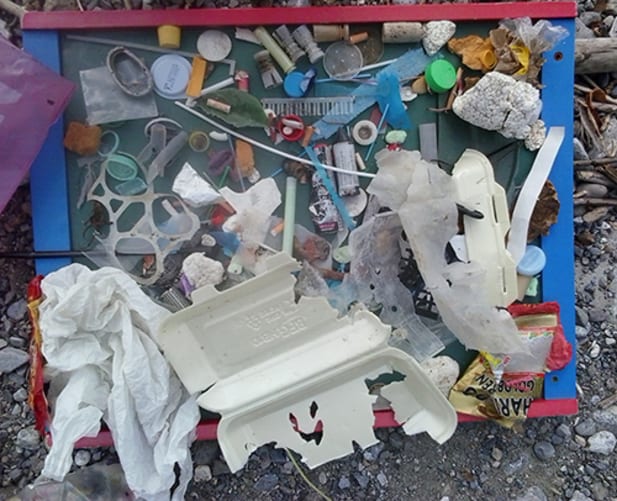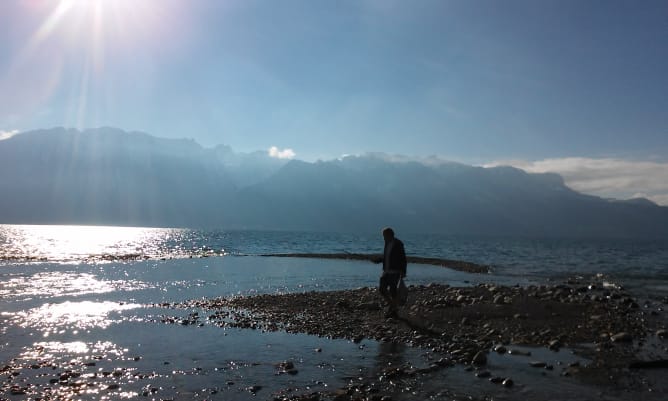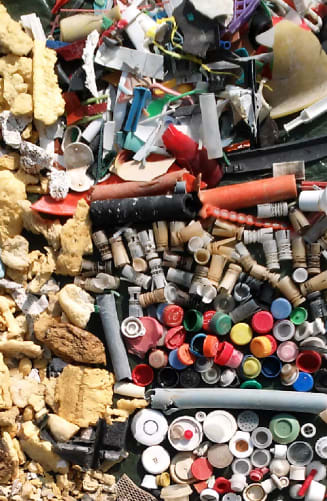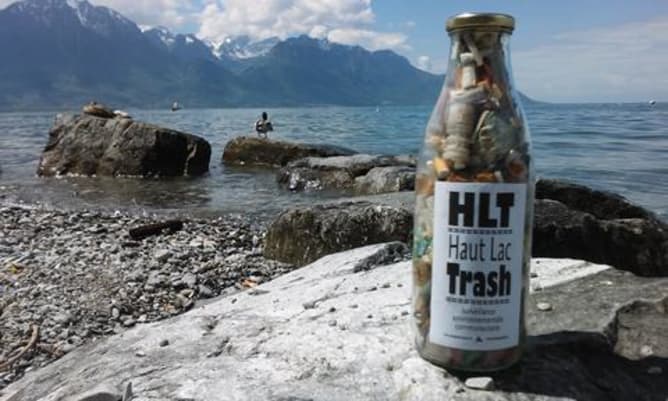The trash, the math and the water
The concentration of aquatic litter in freshwater environments is understudied in general and in Switzerland it is not considered when assessing the water quality of our lakes, rivers and streams. As a result there is no reliable data to describe the amount of litter circulating through our water basin and ultimately contributing to pollution problems in marine environments. The clean beach projects fill this gap by providing crucial data concerning the quantities and composition of aquatic litter in Swiss waterways. The data collected can serve as a baseline for quantifying shoreline pollution that can be used to display trends and measure the effects of a wide variety of independent variables on trash accumulation: meteorological effects; changes in population and economic activity; evaluation of programs to reduce litter input. Currently our data is being used by the ERAM group at EMPA at the University of St. Gallen to help model the flows of plastic to the environment and has been presented by request to communal authorities in the Cantons of Valais and Vaud.
The value of citizen observations and actions
Since 2015 our community based environmental monitoring projects have permanently removed and identified over 39,000 items from our lake shores. The clean beach project series combines environmental action, open source software and DIY biological technologies to transform interested citizens into genuine stakeholders in the protection of their natural environments.
Your support will help us accomplish the following objectives:
- Creation of a comprehensive litter density map of Lake Geneva. By continuing and expanding our sampling sites our goal is to obtain and compare data of all the communes along Lake Geneva.
- Streamline the data portal to facilitate sharing our data and reports.
- Identify and quantify the sources and evaluate the effectiveness of current and future pollution mitigation efforts.
- Continue our bacteriological tests along the lake in conjunction with Agir and the public lab, Hackquarium.
- Collection of micro-plastic data.
